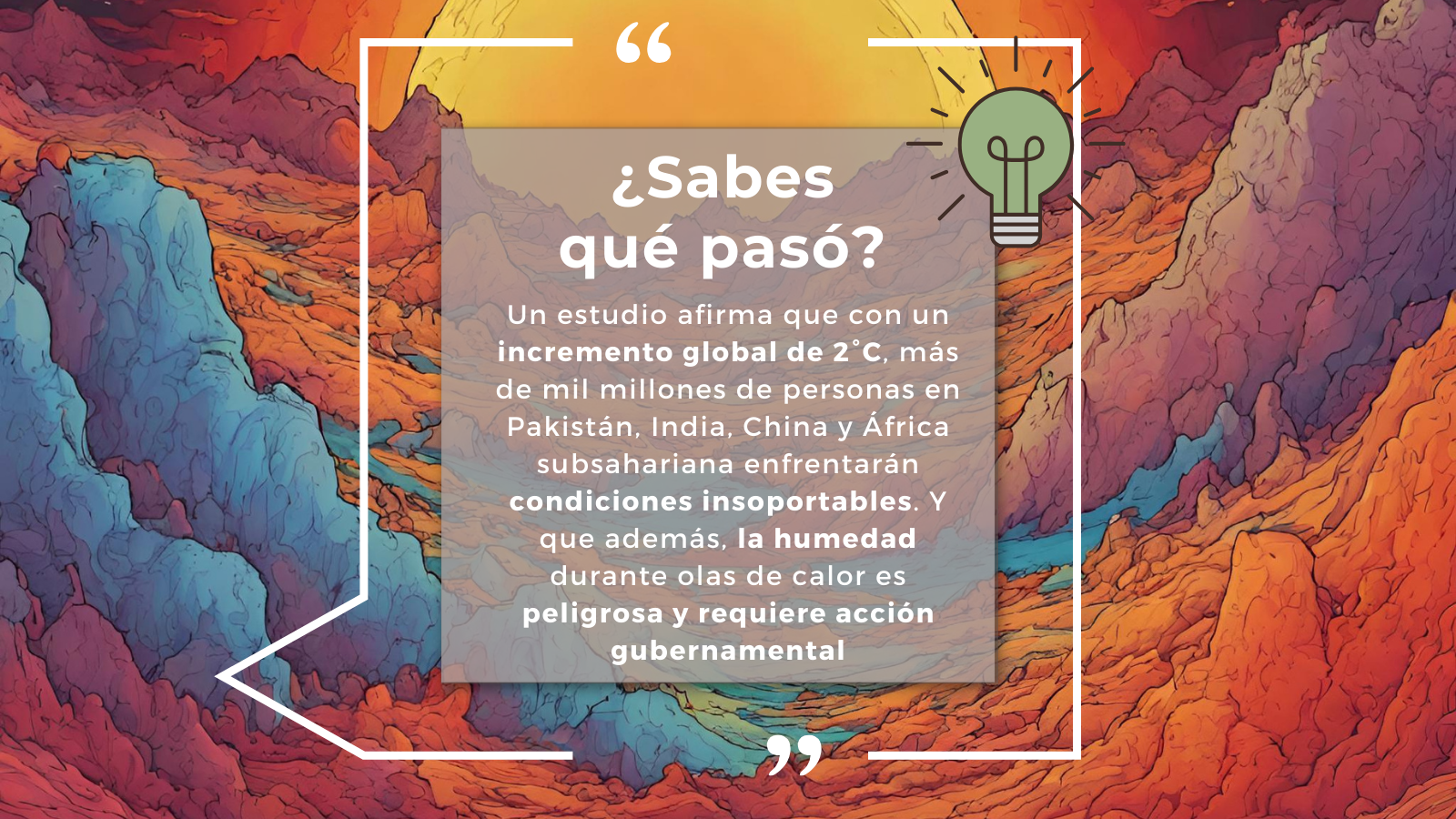
¿Sabes qué pasó? Weekly Newsletter October 9-15.
Gaza crisis: Israel orders evacuation amid impending offensive
Last October 13, Israel issued an urgent evacuation order for more than one million Palestinians in northern Gaza, warning that they had just 24 hours before an imminent ground offensive. This measure, described as “impossible” by the UN, has triggered devastating humanitarian consequences .
So far, the conflict has claimed the lives of more than 2,750 people, and there are more than 9,700 wounded in Gaza. In this regard, Israel’s alleged use of white phosphorus munitions has raised considerable concern. This is a chemical compound that is ignited by contact with air and is used to create smoke, illuminate and burn targets. However, their use in areas densely populated by civilians is prohibited by Protocol III of the Convention on the Prohibition of the Use of Certain Conventional Weapons, due to their ability to cause severe burns and damage.
The UN confirmed Monday that 600,000 Palestinians out of 1.1 million in northern Gaza have already fled their homes in search of refuge. The humanitarian situation is deteriorating rapidly and threatens to spill over to catastrophic proportions.
Climate Crisis: Earth’s poles melting at record pace
The Earth’s poles, in the Arctic and Antarctica, are experiencing rapid melting, with Antarctica recording the smallest ice extent during its winter peak and the Arctic losing much of its summer ice cover.
This worrying situation does not only affect the polar regions, as the sea ice surface worldwide has reached its lowest level in 3,000 years, according to the International Panel on Climate Change.
The impact is being felt globally, with consequences such as loss of marine biodiversity, rising sea levels and contribution to global warming, as well as the possibility of a sudden increase in global temperatures.
This is an urgent warning that highlights the need to address climate change and reduce greenhouse gas emissions worldwide. The melting of the poles is not a local problem, it is a global challenge that requires immediate action.
Limits to human habitability in a warmer world.
Rising global temperatures threaten habitability in critical areas of the planet, according to the study “Physiological Limits of Extreme Heat: Rising Temperatures Challenge Human Habitability” conducted by a team of researchers for the journal PNAS.
This study highlights that with an increase of 2 degrees Celsius, more than one billion people in Pakistan, India, China and sub-Saharan Africa will experience unbearable climatic conditions.
In addition, in more extreme scenarios, places such as the east coast of the United States and Al Hudayda, Yemen, could become virtually uninhabitable.
Extreme humidity during heat waves is particularly dangerous, as it limits the human body’s ability to cool itself naturally. This affects areas with limited access to refrigeration systems. Elderly and chronically ill people are especially vulnerable to high temperatures.
This study highlights the importance of considering humidity in climate change adaptation. Governments should reevaluate their strategies and focus on measures to protect vulnerable populations and address the hazards posed by extreme weather conditions.



